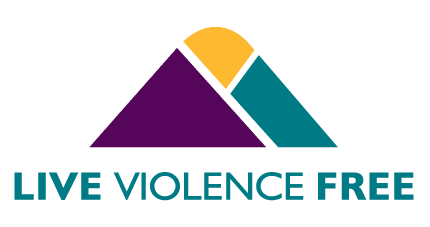LGBTQIA
Pride
ACCEPTANCE MATTERS
LGBTQIA
Every person and every relationship deserves to be rooted in love and respect.
Of lesbian women are physically abused by an intimate partner.
Of bisexual women are physically abused by an intimate partner.
Of gay men are physically abused by an intimate partner.
Of transgender people have experienced sexual violence.
Lesbian
gay
Bisexual
Transgender
Queer/Questioning
Intersex
Asexual
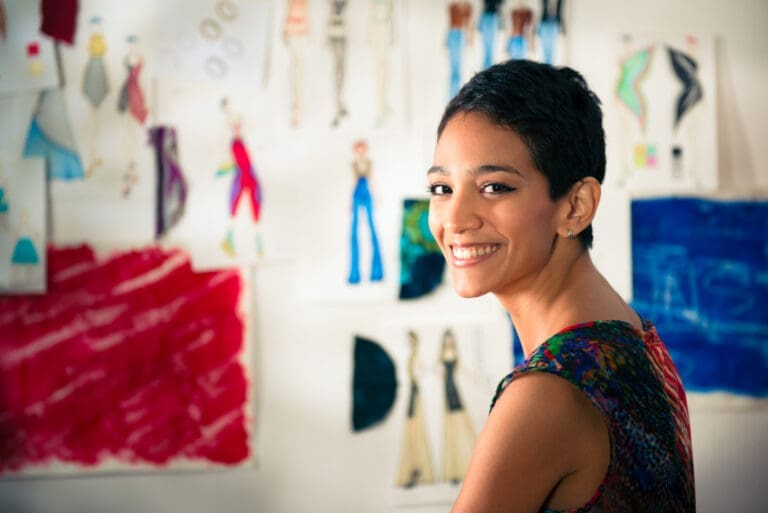
Lesbian and gay are terms for people who experience sexual attraction to partners of the same gender.
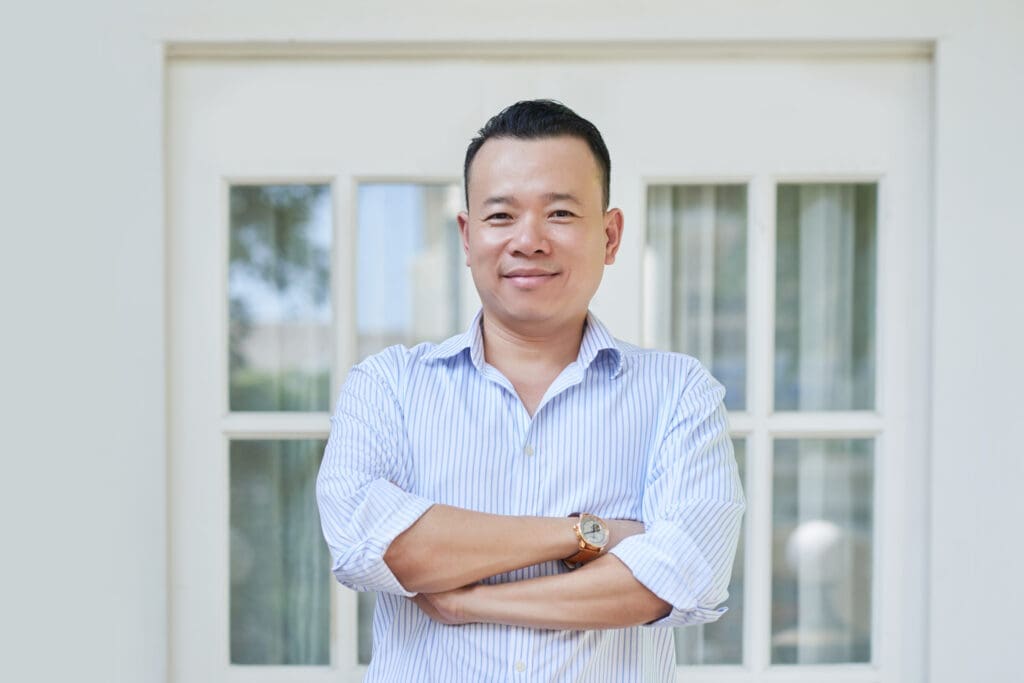
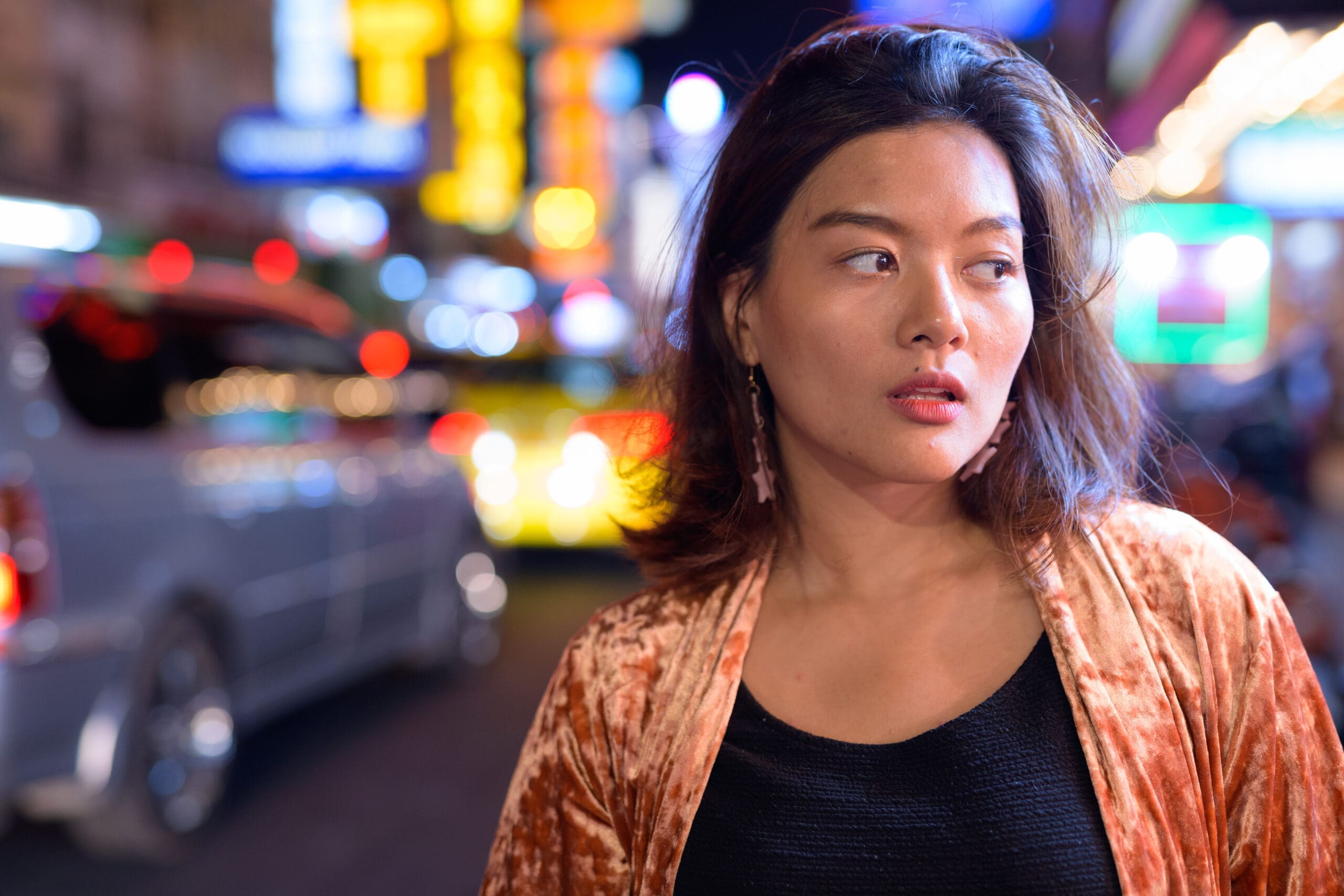

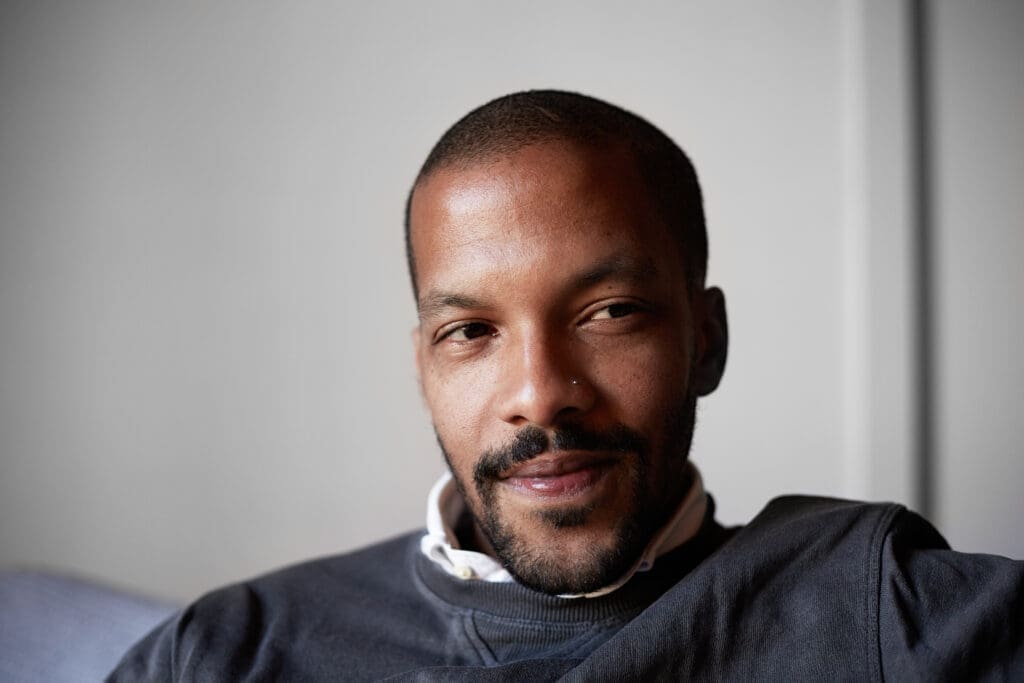

Domestic Violence in the LGBTQIA Community?
The rate of domestic violence and statistics about abuse within the LGBTQIA community are difficult to determine because of the high number of unreported cases. An LGBTQIA person may be less likely to report an assault or get help out of fear that they will be blamed for the assault because of their sexual orientation or gender identity by friends, family, or officials.
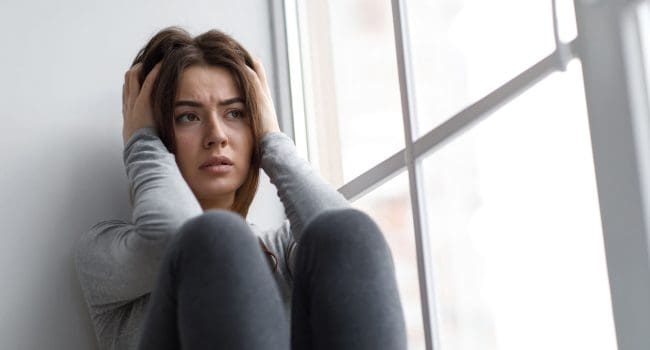
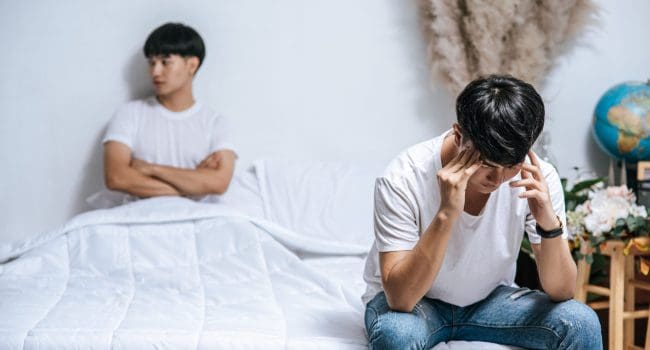

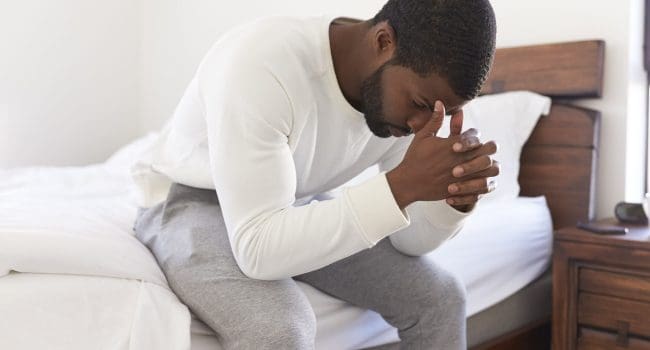
Why We Shouldn’t Ask the Question: Why Didn’t You Leave?
In addition to equal or even higher rates of domestic violence occurring in the LGBTQIA community compared to the cisgender and heterosexual community, LGBTQIA people face barriers to leaving abusive relationships that cisgender and heterosexual victims often do not. Domestic violence is most commonly thought of as something that happens to cis women and is committed by cis men. Therefore, most services are geared towards helping cisgender heterosexual women, which can make LGBTQIA victims feel isolated and misunderstood.
Abusive partners may use isolation to increase your dependence on them or limit your ability to access support. If you haven’t come out publicly yet or belong to a religious community, traditional family, or oppressive home environment, fear of what will happen when you reveal your identity might prevent you from seeking help. Abusive partners may try to exert power and control over your life by insulting you based on your insecurities, refusing to respect your pronouns or chosen name, attempting to shame you over how you choose to have sex or threatening to out you to others. Depending on your social circumstances, a small or tight-knit LGBTQIA community could make you feel increasingly isolated if you fear no one will support you because your abuser is well-liked.
Learn More
Additional Information for the LGBTQIA Community
National Center for Lesbian Rights
LGBT National Help Center
LEARN MORE, DO MORE
Request a Presentation
I take great joy in helping people recognize their worth as beautiful and unique human beings.
virtual
1st Annual
One Conversation Conference
Live Violence Free Presents the 1st Annual Virtual One Conversation Conference on May 20, 2022.
The conference is focused on trauma & victim services. We encourage clinicians, therapists, social service professionals, victim advocates, educators, and students to attend.
Earn Continuing Education Credits & Register Today!
